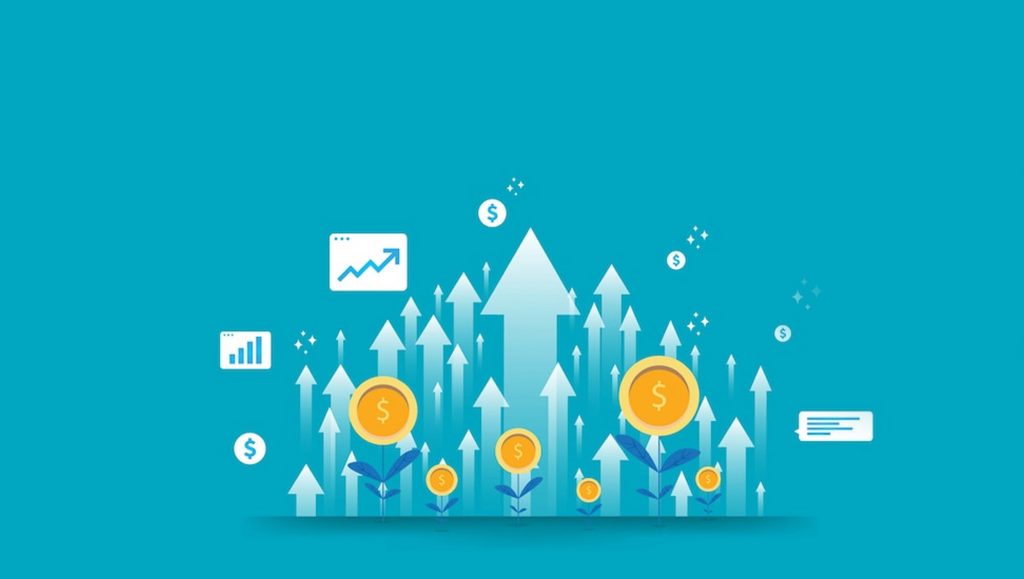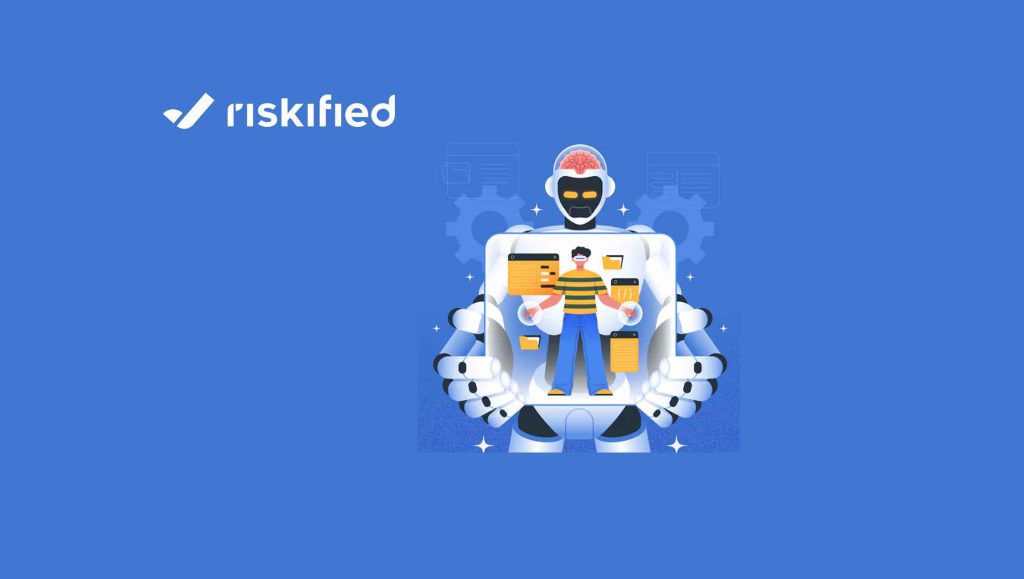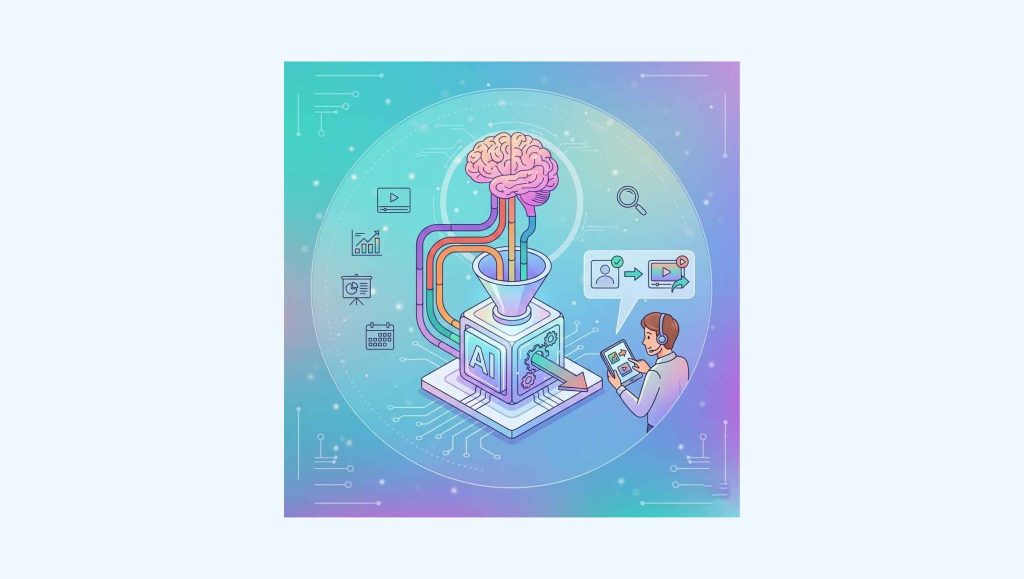More than 90% of suppliers struggle with cumbersome and tedious processes, stalling global supply chain transformation and performance
JAGGAER, the global leader in Autonomous Commerce, releases the results of its 2022 State of the Supply Side Report. The new study uncovers that while suppliers see the value in automation, most haven’t moved to streamline high-friction processes, stalling global supply chain transformation. Only nine percent of suppliers say they are now fully automated across the B2B commerce experience.
Suppliers cite “responding to requests for proposals (RFPs)” (43%) and “invoice management and collection” (43%) as the most valuable processes to automate. Progress in transforming these areas appears to be slow, with 89% of suppliers saying they have either not automated or only partially automated RFP responses today. Eighty-four percent say the same for invoice management and collection.
“Organizations everywhere are revamping their supply chains in order to mitigate risk and improve resiliency. Our research indicates that a lack of widespread automation on the supply side is creating inefficiencies that could stall broader progress and inhibit suppliers’ growth and performance,” said Georg Roesch, JAGGAER’s VP of Direct Procurement Strategy. “True supply chain transformation requires a fully digitalized and frictionless commerce experience for both buyers and suppliers. Closing the gap on the supplier side will be essential to build resilience, boost speed and drive out costs for both parties.”
“True supply chain transformation requires a fully digitalized and frictionless commerce experience for both buyers and suppliers. Closing the gap on the supplier side will be essential to build resilience, boost speed and drive out costs for both parties.”
Key findings from JAGGAER’s research include:
– Supply chain disruptions are hitting suppliers fast and hard. Seventy-three percent of suppliers say that shortages are having a major or severe impact on their business. Other top challenges include inflation (69%), workforce shortages (62%), strained production capacity (53%) and geopolitical risks (50%).
– Suppliers’ worlds are still highly manual. Top obstacles include having to manage multiple platforms at once (65%) and manual processes and communication with buyers (39%).
– Back-end operational challenges greatly hold suppliers back. Suppliers admit they could advance their strategic objectives – grow their business (74%), strengthen customer relationships (72%) and increase profitability and lower costs (59%) – with the right technology and more time.
– Suppliers see the value in automation and artificial intelligence (AI). Suppliers cite a centralized hub that provides access to a large universe of buyers (59%), data that shows how they stack up against competitors (57%) and automated workflows to improve collaboration (48%) as the three most promising advancements to improve their commerce experience.
“There’s no better time for suppliers to embrace automation. Inflation, talent shortages and disruptions will continue to impact global supply chains. At the same time, expectations for suppliers to help advance environmental, social and governance (ESG) and other strategic initiatives will rise. Streamlining core processes will open capacity to focus on tackling these emerging issues and other business priorities,” Roesch added.
Read More: How to Drive Engagement and Fuel Sales with NFTs with These Best Practices in 2023





















